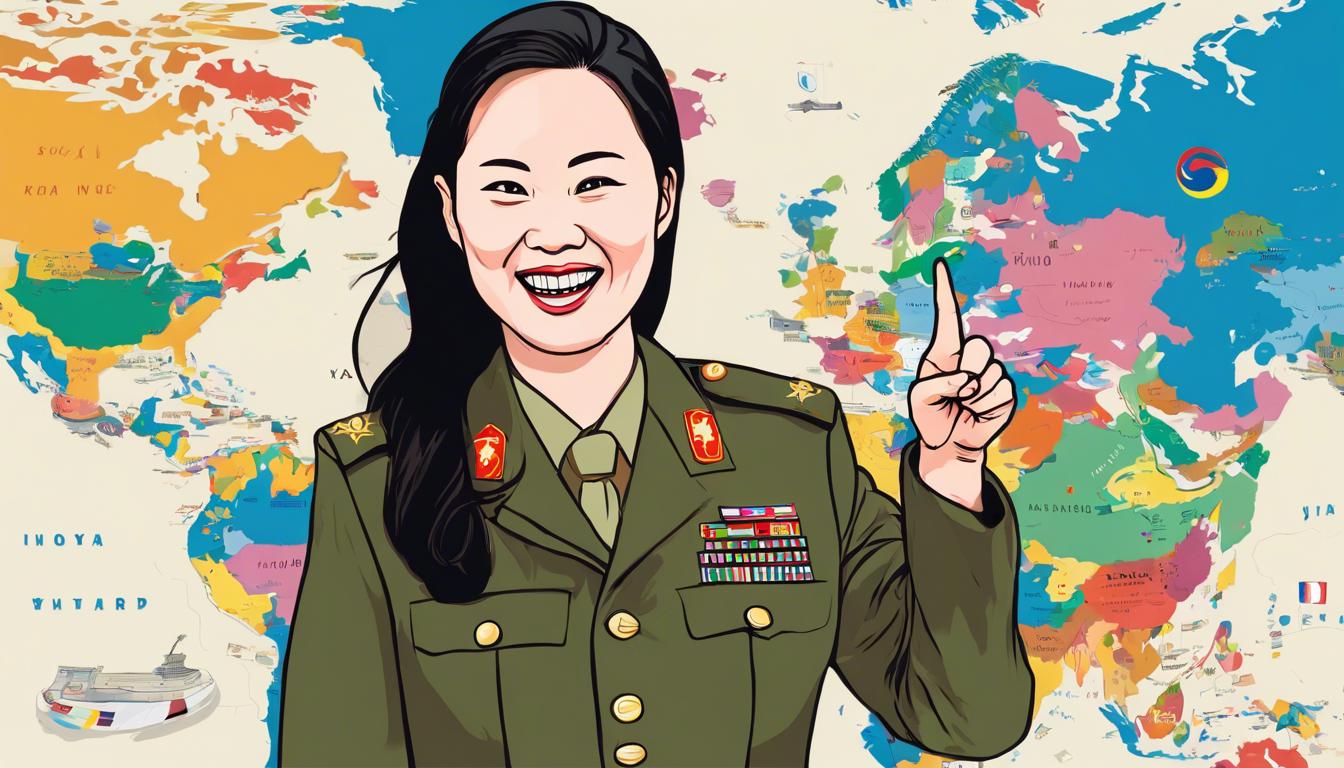Kim Yo Jong announces plans to enhance North Korean military strength in response to US military drills, while US defense firms see a surge in sales due to global conflicts.
Kim Yo Jong, the sister of North Korean leader Kim Jong-un, announced plans to enhance North Korea’s military capabilities, citing escalating tensions due to U.S. military drills with South Korea and Japan. She accused the U.S. of increasing regional insecurity and emphasized North Korea’s determination to defend its sovereignty and maintain regional peace. This announcement follows North Korea’s recent tests of “super-large” multiple rocket launchers and missile systems that could potentially carry tactical nuclear warheads, raising international concerns.
In response to global conflicts, particularly in Ukraine and the Middle East, U.S. defense companies RTX and Lockheed Martin reported significant sales increases. RTX’s defense division saw a 6% revenue growth, driven by demand for its Patriot missile defense system. Lockheed Martin’s missiles and fire control division recorded a 25% sales increase, credited to higher sales in tactical and strike missile programs. Both companies exceeded Wall Street’s expectations, contributing to a rise in their stock prices.
Meanwhile, North Korea is looking to strengthen its international relationships, highlighted by a high-level economic delegation’s visit to Iran led by North Korea’s Minister of External Economic Relations, Yun Jung Ho. This was their first known engagement since the COVID-19 pandemic outbreak, signifying a potential shift in North Korea’s foreign relations strategy. Both countries, alongside Russia, have been supportive of each other’s stance against U.S. policies. This visit aligns with North Korea’s broader strategy to form alliances with nations opposing the U.S., as evidenced by Kim Jong-un’s recent interactions with China and Russia.
These developments underscore continuing global tensions and shifts in international relations, with implications for regional and global security dynamics.













